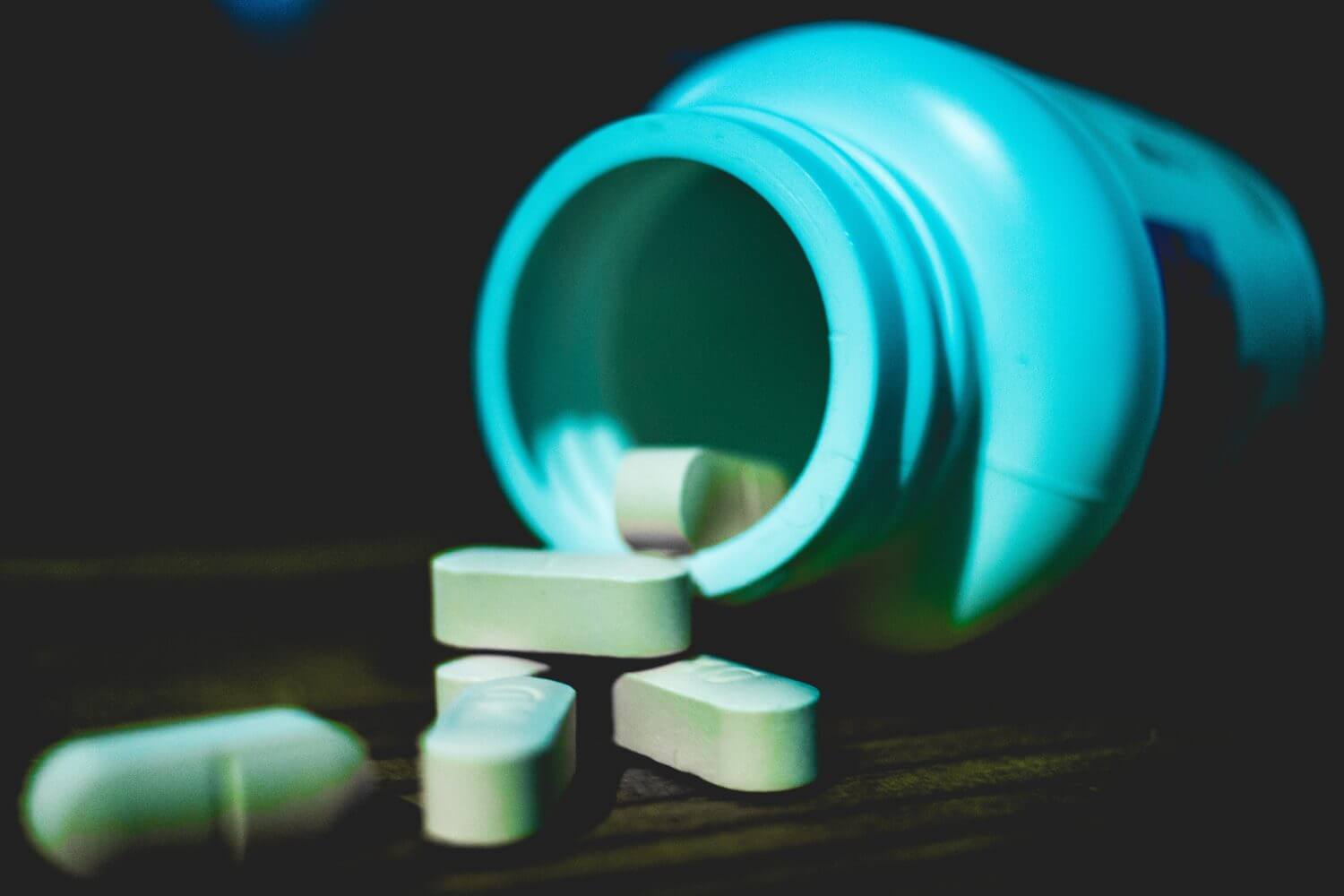Have you ever wondered who the most at-risk group is when it comes to the drug epidemic? Young people, experimenting with harder drugs? People who have suffered serious injuries or have diseases that cause chronic pain? Older people, who are more likely to have arthritis and get hooked after long-term use? People with mental health disorders? The answer might surprise you. In 2016, U.S. poison control centers received an estimated 30,250 reports of children ages five and under who gotten into and been sickened by addictive substances, including everything from tobacco to marijuana to prescription opioid drugs – even electronic cigarettes (in December 2014, a toddler in upstate New York died after swallowing liquid nicotine from an e-cigarette). According to the CDC, each year one in every 150 two-year-olds visits an emergency department for a medication poisoning.
Most of these incidents are easily avoidable. Sometimes it’s relatively innocent products, like parents’ prescription medication, cigarettes, or alcohol. Sometimes the parents are using illegal drugs and leave them sitting around the house in easily accessible places.
Parents have to keep in mind that kids are curious. They want to investigate every corner of the house, and they’ll put absolutely anything in their mouths. If they’re in the early stages of walking, you should also remember that just because they can’t reach a cabinet one day doesn’t mean that the next they won’t figure out how to climb on a counter and get it open.
Something you might not consider is that if you live in an area with legalized marijuana, many of the products available at dispensaries look just like regular food. There are marijuana edibles that look like brownies, gummy worms, cookies, and other candies. Kids will get into these thinking they’re just regular snacks.
Apart from the potential for poisoning and overdose, it’s hard to say what effects getting into drugs could have on a child’s development. If their brains are still in the very early stages of growth, while everything from language to personality is being developed, these substances could have untold negative effects.
If you have small children, it might be a good idea to not have edible marijuana products, tobacco or marijuana cigarettes, or e-cigs in the house at all. Even if the children don’t get into these themselves, the secondhand effects can still be very harmful. Store medications and other addictive substances out of sight and reach, the same as you would with laundry or cleaning products, and keep your medicine in its child-resistant packaging. Limit the number of substances your child can get into by disposing of any old medication that you no longer need. You can return unused prescription medications to a pharmacy or hospital.
If you or a loved one need help with quitting drugs or alcohol, consider Asana Recovery. We offer medical detox, along with both residential and outpatient programs, and you’ll be supervised by a highly trained staff of medical professionals, counselors, and therapists. Call us any time at (949) 438-4504 to get started.



